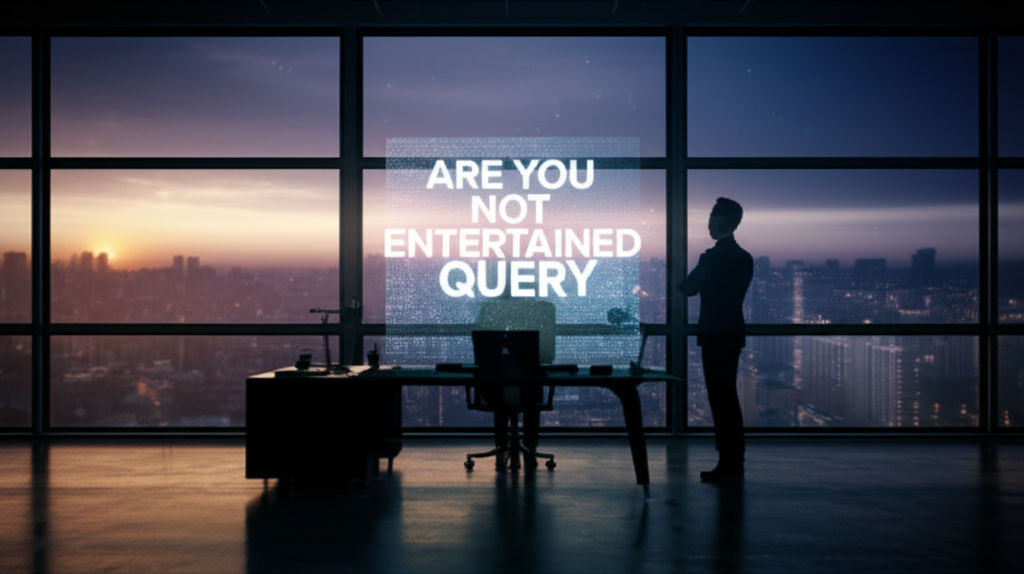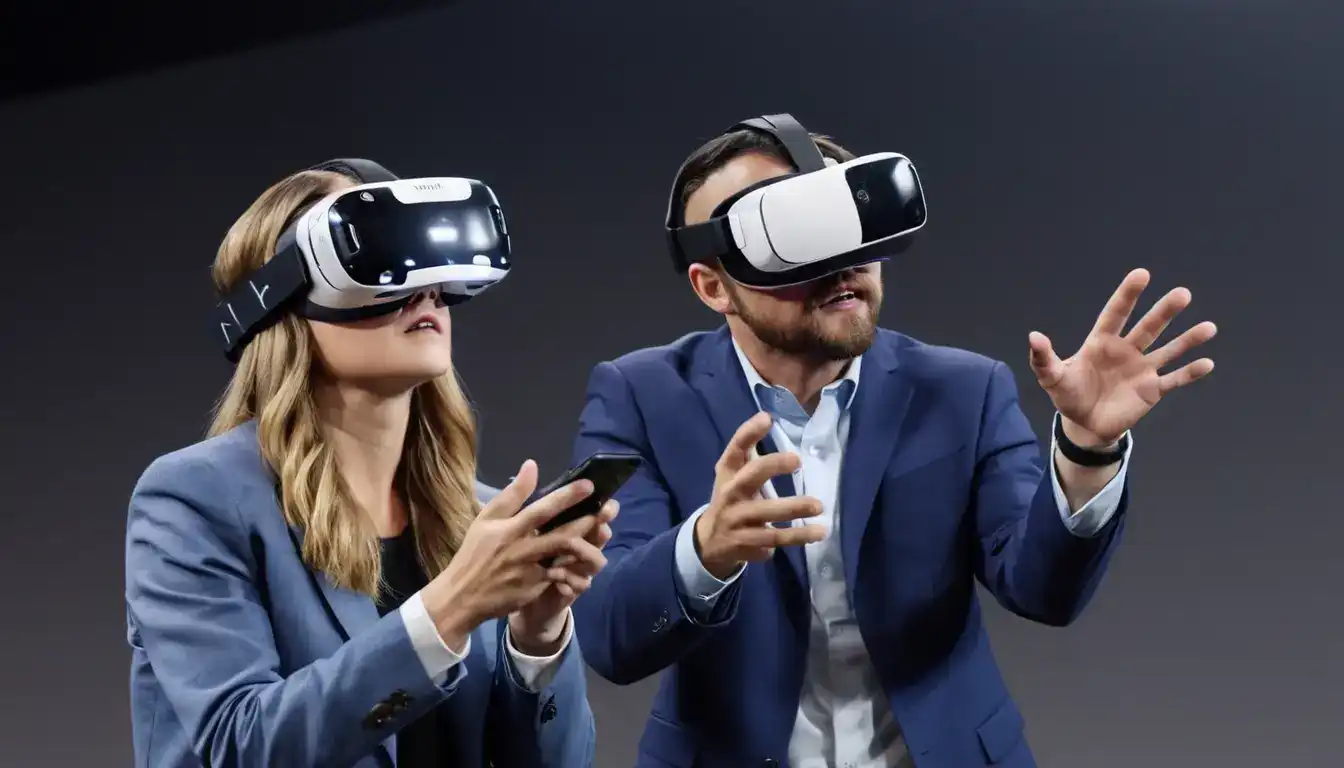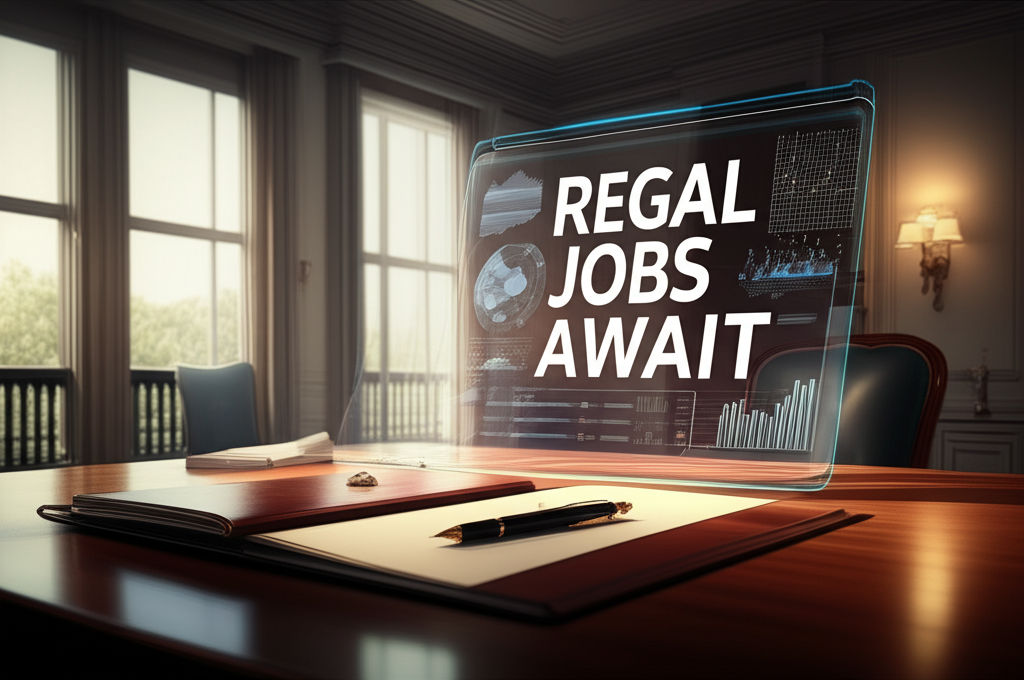Are You Not Entertained Query
Emily Willis

Photo: Are You Not Entertained Query
Are You Not Entertained? Navigating the Modern Spectacle
"Are you not entertained?!" The iconic roar from Russell Crowe's Maximus in the film Gladiator echoes far beyond the Roman Colosseum, resonating with a timeless question about the nature of human entertainment and audience expectations. In an age of unprecedented digital content, streaming wars, and instant gratification, this query feels more relevant than ever. We are constantly bombarded with options, yet a subtle undercurrent of dissatisfaction often remains. What does it truly mean to be entertained in the 21st century, and how can we, as a general audience, truly find satisfaction amidst the endless spectacle?
This article delves into the fascinating evolution of entertainment, explores the psychology behind our insatiable demand for more, and offers actionable insights for both consumers and creators navigating the modern entertainment landscape.
The Echo of a Roar: Where "Are You Not Entertained?" Comes From
The powerful phrase "Are you not entertained?" originates from the 2000 historical drama Gladiator. After a brutal and triumphant battle in the arena, Maximus, a general turned slave and gladiator, challenges the bloodthirsty Roman crowd with this defiant question. It’s a moment that encapsulates the raw demand for spectacle and the often-unfeeling nature of an audience that craves constant stimulation.
The quote’s enduring popularity speaks to a universal truth: humans have always sought entertainment, often with an almost insatiable hunger. From ancient public executions and gladiatorial combats to modern-day streaming binges, the desire for distraction, excitement, and emotional engagement remains a core human need.
From Colosseum to Couch: The Evolution of Entertainment
Humanity's quest for entertainment has traversed a remarkable journey, evolving dramatically with societal changes and technological advancements.
Ancient Spectacles and Communal Gatherings
In ancient times, entertainment was primarily communal. Storytelling, music, and dance were integral to social gatherings. The Greeks introduced formal theater with tragedies and comedies, exploring human nature and societal issues. The Romans, on the other hand, expanded on this with grand spectacles like gladiatorial games and chariot races, appealing to a public appetite for high-stakes drama.
The Rise of Mass Media
The invention of the printing press in the 15th century revolutionized access to literature, making books available to the masses and fostering a new form of personal entertainment. Centuries later, the 18th and 19th centuries saw the golden age of music and performance, with opera and classical music alongside popular folk traditions and the rise of vaudeville.
The early 20th century brought cinematic marvels. Silent films captivated audiences, followed by the groundbreaking introduction of sound in the late 1920s. Simultaneously, radio emerged as a new medium, delivering news, music, and serialized dramas directly into homes, uniting families around a shared listening experience.
The Digital Revolution: A Paradigm Shift
The mid-20th century witnessed the rise of television, bringing entertainment into homes on an unprecedented scale and creating shared cultural phenomena. However, it was the late 20th and early 21st centuries that truly ushered in the digital revolution, fundamentally changing how we consume entertainment. The internet opened new avenues, leading to:
- Streaming Services: Platforms like Netflix, Hulu, and Spotify replaced traditional television and radio, offering vast libraries of content on demand. This shift granted audiences unprecedented control over their entertainment choices.
- Gaming: Video games transformed from niche hobbies into a mainstream medium, with cloud gaming becoming increasingly popular and competitive esports drawing massive global audiences. Gaming also became a significant social activity, especially for younger generations.
- Social Media: Platforms like YouTube, TikTok, and Instagram transformed entertainment into a participatory experience, allowing users to become content creators and share their work with global audiences.
This digital evolution has profoundly impacted audience preferences, leading to a demand for bite-sized, easily digestible content, with a strong preference for video and interactive experiences.
The Unquenchable Thirst: Why We Always Demand More
Despite the abundance of content, many of us still find ourselves asking, "Are you not entertained?" Why is this constant demand for more entertainment so deeply ingrained? The answer lies in a complex interplay of psychology and modern societal pressures.
- Novelty Bias and Dopamine Hits: Our brains are wired to seek novelty. New content triggers dopamine release, creating a reward sensation. This can lead to a continuous pursuit of the next "big thing," making it difficult to feel truly satisfied with what we have.
- Escapism and Distraction: Entertainment often serves as a powerful form of escapism, allowing us to temporarily detach from daily stresses and anxieties. In a world filled with financial insecurity and societal pressures, the flood of content can become both a refuge and a trap, numbing the stress of reality.
- The "Fear of Missing Out" (FOMO): The sheer volume of content, coupled with social media's constant updates, fuels FOMO. We worry about missing out on trending shows, viral videos, or discussions, driving us to consume more than we might genuinely enjoy.
- Passive Consumption vs. Active Engagement: Much of modern entertainment encourages passive consumption, where we simply absorb content without much mental effort. While relaxing, this can leave us feeling unfulfilled compared to activities that require active engagement. Studies suggest that prolonged passive viewing can lead to feelings of passivity and lowered alertness.
The Modern Spectacle: Navigating the Digital Entertainment Landscape
Today's entertainment landscape is characterized by its sheer volume and the innovative ways content is delivered and consumed.
The Content Deluge and Streaming Wars
The rise of streaming services has led to a "streaming war," with countless platforms vying for our attention. This has resulted in a deluge of content, making it both a blessing of choice and a curse of overwhelming options. Algorithms play a significant role here, curating personalized recommendations, which can be a double-edged sword: they can introduce us to new favorites but also reinforce consumption habits.
Interactive and Immersive Experiences
Beyond passive viewing, modern entertainment increasingly offers interactive and immersive experiences:
- Gaming: Cloud gaming is going mainstream, and virtual reality (VR) and augmented reality (AR) technologies are making significant strides in gaming and other immersive content.
- Esports: Competitive gaming has exploded into mainstream culture, with massive global audiences and significant investment from traditional media networks.
- Location-Based Entertainment: Theme parks and branded entertainment districts are satisfying a growing consumer desire for authentic, immersive, and interactive activities tied to popular intellectual property.
Social Media as Performance and Consumption
Social media platforms are not just for connection; they are massive entertainment hubs where users are both performers and consumers. User-generated content, from short-form videos to live streams, has expanded the variety of entertainment available. This shift emphasizes authenticity, relatability, and inclusivity, as modern audiences expect content that mirrors their experiences and values.
Beyond Passive Consumption: Finding True Engagement
To move beyond the feeling of being perpetually "not entertained" despite endless options, a shift towards mindful media consumption and active engagement is crucial.
Active vs. Passive Entertainment
The distinction between active and passive entertainment is key. Passive consumption, like mindless scrolling or binge-watching, can leave us feeling drained rather than refreshed. Active engagement, on the other hand, involves critical thinking, discussion, and even creation.
The Value of Critical Consumption
Developing critical consumption skills allows us to evaluate content, question biases, and seek deeper understanding. This means:
- Choosing Wisely: Select sources that align with your values and provide well-researched, nuanced reporting, rather than just sensationalism.
- Setting Boundaries: Establish media-free times, implement digital curfews, and consider digital detox days to reset and recharge.
- Checking In: Before consuming stressful media, assess your emotional and mental state. If you're already anxious, it might not be the best time for heavy news.
Engaging Meaningfully
Instead of just consuming, consider how you can interact with content in more meaningful ways:
- Discussion: Engage in thoughtful conversations about what you watch, read, or play.
- Creation: Explore your own creative endeavors, whether it's writing, art, music, or video. The digital age has democratized content creation, allowing anyone to contribute.
- Reflection: Take time to process and reflect on the content you consume, rather than immediately jumping to the next piece.
Finding Balance and Avoiding Burnout
The goal is balance. Excessive screen time has been linked to increased stress, difficulty sleeping, and even addictive behaviors. Mindful media consumption is about staying informed and entertained without losing yourself in the noise.
For Creators and Consumers: Answering the Call
Both content creators and consumers play a role in shaping the future of entertainment.
Tips for Creators
In a crowded digital landscape, creators face challenges such as maintaining consistency, scaling production, and ensuring engagement. To truly answer the "Are you not entertained?" query, creators should focus on:
- Authenticity and Relatability: Modern audiences crave genuine, transparent content that mirrors their own experiences and emotions.
- Quality Over Quantity: While consistency is important, users want content that brings value and meets their needs, not just more content.
Latest ✨
View AllThe Pacific Ocean is home to remote and enchanting islands that offer untouched natural beauty, rich cultures, and unique experiences for adventurous travelers. Tips for exploring these hidden gems include researching your destination, packing light, respecting local culture, exploring responsibly, and staying safe.
Emily Willis
Beyond the filters: Uncover the demanding daily reality of lifestyle influencers. See the true hustle behind the curated online glamour.
Emily Willis
issue of bullying in schools, its impact on children's well-being and learning, and effective strategies to create a culture of respect and safety within schools. It explains the different types of bullying, signs to look out for, and ways to intervene early. It emphasizes the importance of clear anti-bullying policies, open communication, bystander intervention training, and social-emotional learning programs.
Emily Willis
Unpack the immense power of central banks and how they're held accountable for shaping the economy and your financial life.
Emily Willis
Business
View All
June 8, 2025
Strategic Planning for Long-Term WinsChart your course to enduring success! This article demystifies strategic planning, offering an actionable framework for long-term wins and sustainable growth.
Emily Willis

July 3, 2025
assurance auto pas cher pour résiliéAssurance auto pas chère pour résilié : astuces, solutions concrètes et comparateurs pour retrouver une couverture économique après résiliation.
Emily Willis

June 9, 2025
Business Resilience in Uncertain TimesUnlock business resilience! Prepare for, adapt to, and overcome challenges. Transform uncertainty into opportunity and build a stronger, future-proof business.
Emily Willis
Economy
View AllUnlock your financial potential! Learn how your credit rating impacts loans, interest rates & opportunities. Build a strong credit profile today.
Read MoreThe world of work is changing rapidly due to automation, AI, and technological advancements. While some fear widespread unemployment, the reality is more nuanced. The future of work is about humans adapting, reskilling, and exploring new market opportunities. Automation is increasing efficiency and reducing costs, but also shifting the job landscape.
Read MoreDiscover environmental economics: how valuing nature makes hidden costs visible, shaping a sustainable future for our planet.
Read MoreEntertainment
View All
July 4, 2025
EVO Cary ThrillsDiscover EVO Cary: Your ultimate entertainment hub in NC! Enjoy luxury movies, bowling, arcade games & more for unforgettable fun.
Emily Willis

August 5, 2024
VR and AR Transform EntertainmentVirtual reality (VR) and augmented reality (AR) are transforming the entertainment industry by offering immersive experiences that blur the lines between the real and virtual worlds. VR completely transports users into computer-generated environments, while AR overlays digital elements onto the real world.
Emily Willis

July 7, 2025
Regal Jobs AwaitUnlock your potential! Explore "regal jobs" that offer profound influence, lasting legacy, and true excellence. Your guide to high-impact careers.
Emily Willis
Health
View AllAchieve radiant, healthy skin with ZO Skin Health. Explore Dr. Obagi's science-backed approach to unlock your glow through correction, prevention & maintenance.
Emily Willis
Mental health quotes offer profound strength, solace, and connection. Discover how these words can guide your journey to healing and well-being.
Emily Willis
June is Men's Mental Health Month. Break the stigma, embrace vulnerability, and find strength in seeking support. Your mental well-being matters.
Emily Willis
Trending 🔥
View All
1
2
3
4
5
7
8
9
10
Lifestyle




Sports
View AllAugust 5, 2024
The Future of Sports: Anticipating Trends, Embracing Innovation, Shaping a New Era
Read MoreTechnology
View All
August 5, 2024
The Future of Cloud Computing and Its Impact on the Business World
Cloud computing has revolutionized business operations with benefits such as cost savings, scalability, and flexibility. The future of cloud computing includes trends such as edge computing, hybrid and multi-cloud strategies, AI and ML integration, serverless computing, quantum computing, enhanced security measures, and sustainability initiatives.

August 5, 2024
AI Applications that are Changing the World Around Us
Artificial Intelligence (AI) is no longer a concept from science fiction, but a reality that is reshaping the world around us. From virtual assistants to self-driving cars, AI is making significant impacts in various industries such as healthcare, education, transportation, and agriculture. AI is also being used to address environmental challenges and enhance customer experiences.

August 4, 2024
The Rise of Blockchain Technology: Applications Beyond Cryptocurrency
Blockchain technology, initially associated with cryptocurrencies, has expanded to have diverse applications across industries. It is a decentralized digital ledger that ensures secure, transparent, and immutable transactions. Beyond cryptocurrency, blockchain has been applied to supply chain management, healthcare, voting systems, smart contracts, digital identity verification, real estate transactions, and supply chain finance. Future trends include enhancing interoperability, addressing scalability issues, and exploring regulatory frameworks. Overall, blockchain technology has the potential to revolutionize various sectors by enhancing efficiency, security, and trust in operations.

August 4, 2024
All-Time High Cybersecurity Breach: How to Safeguard Your Company and Personal Information
threat of cybersecurity breaches in today's digital age, highlighting factors contributing to the rise in cyberattacks such as increased reliance on technology, evolving threats, remote work, and profit motive for cybercriminals.
















